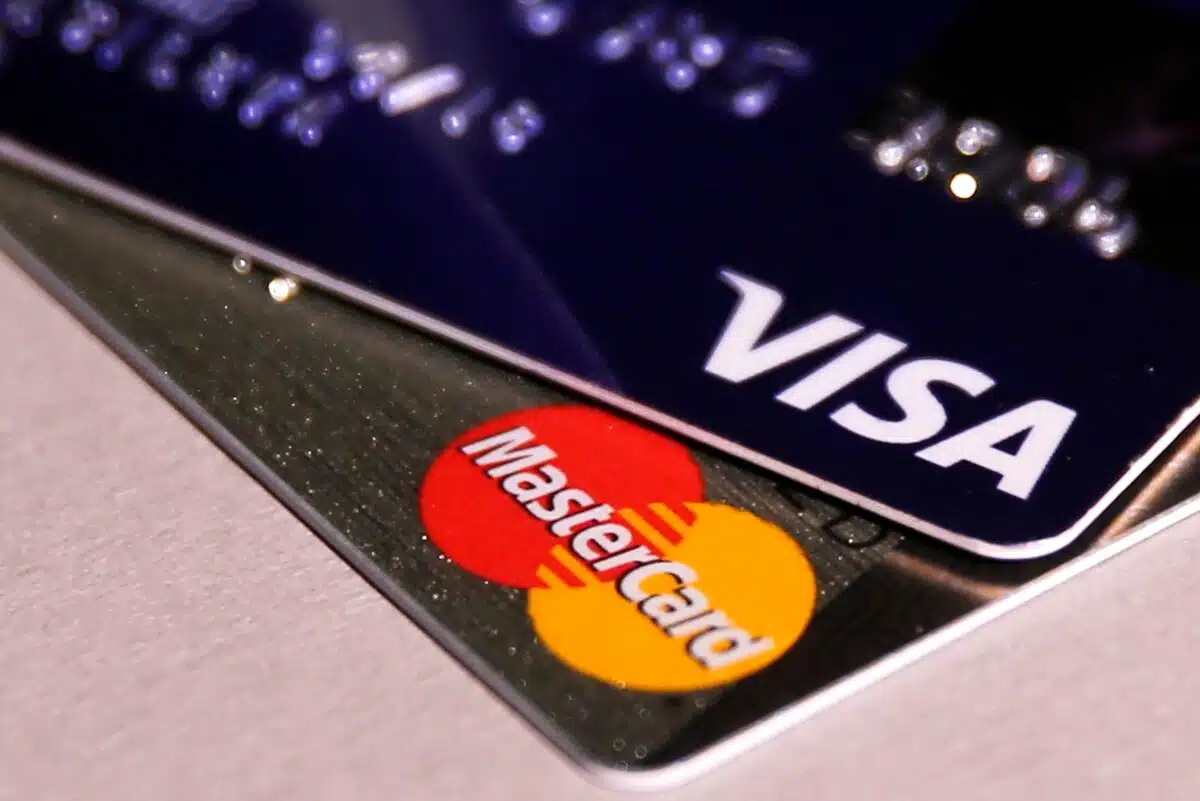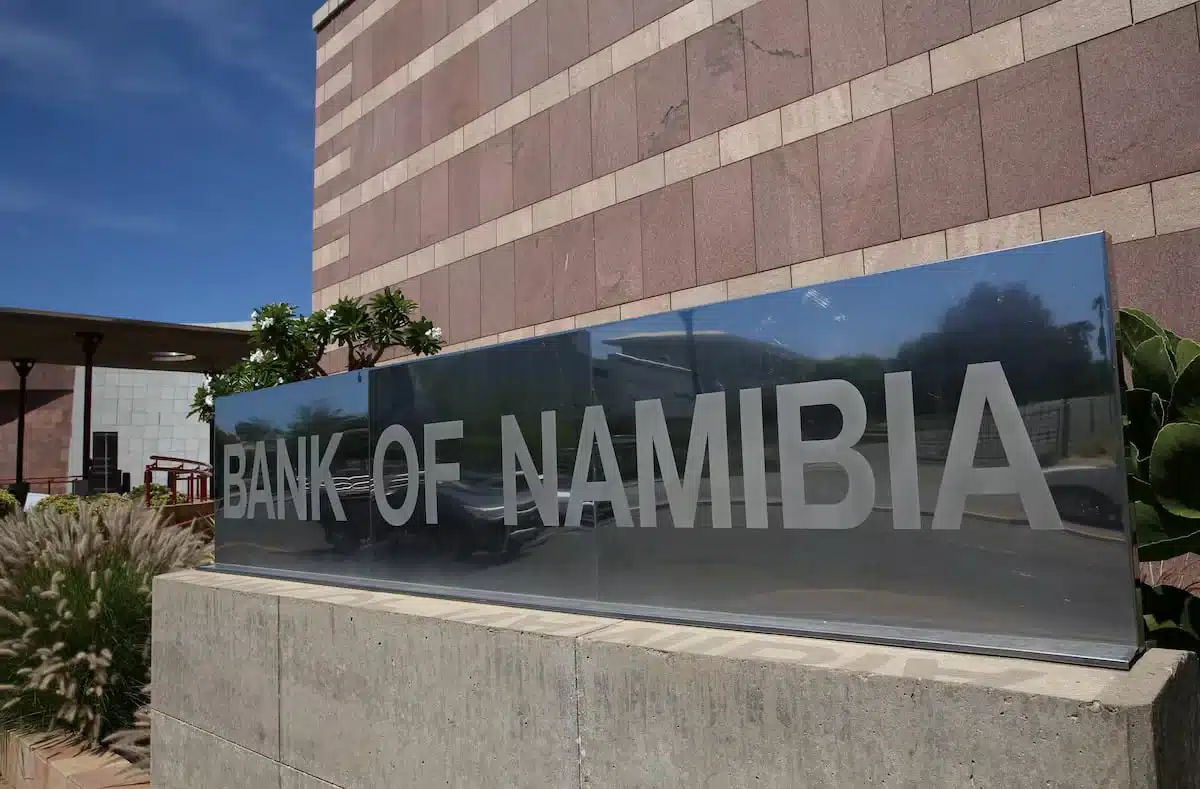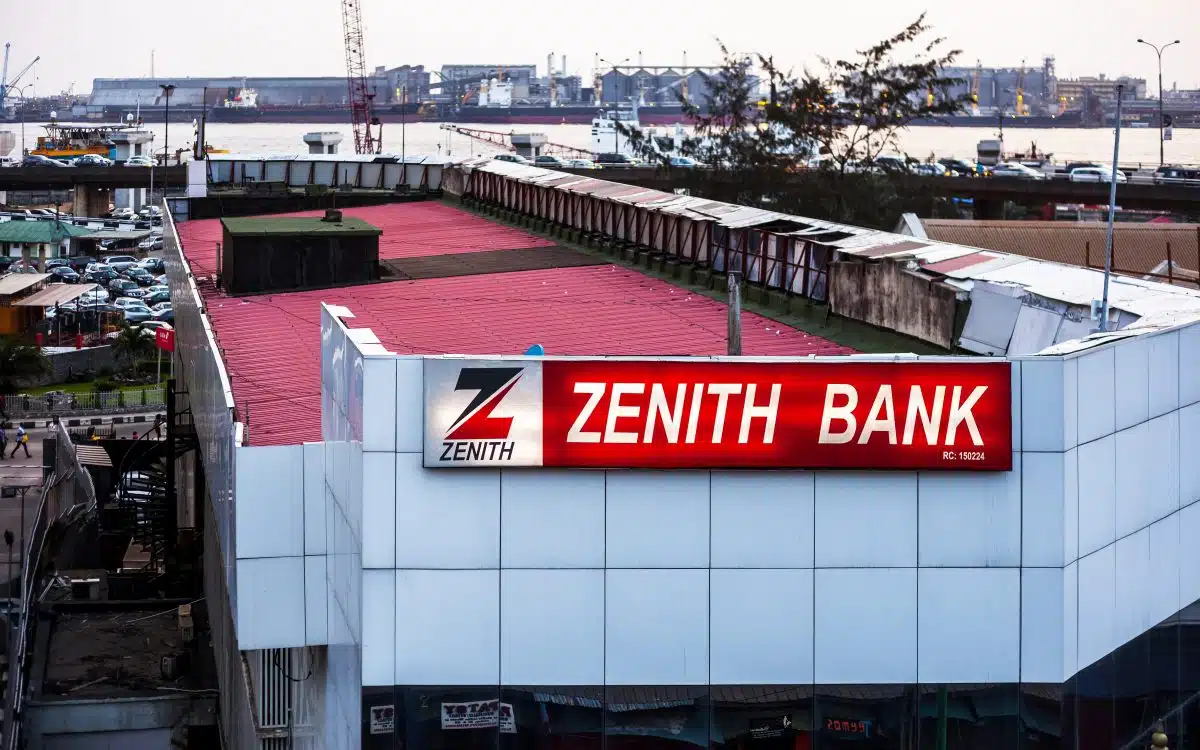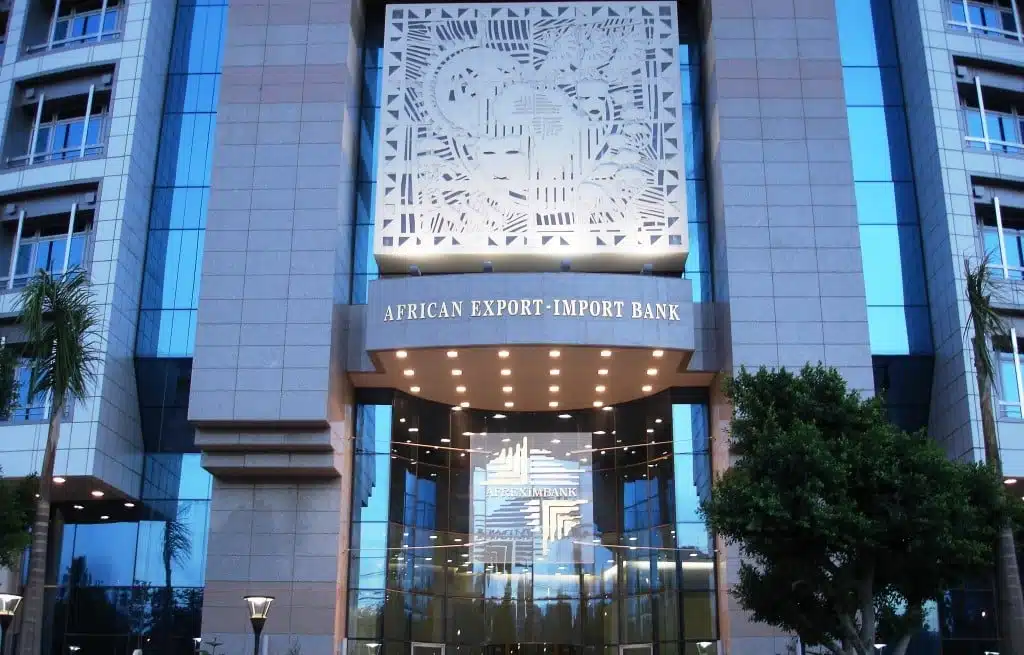Five of the biggest banks in Nigeria raked in $748.2 million—or about ₦1.2 trillion—in net fees and commissions in 2024, marking an 82% jump from the $412.1 million reported the previous year.
The cumulative figure, drawn from the financial statements of Zenith Bank, Access Bank, Guaranty Trust Bank (GTB), United Bank for Africa (UBA), and First City Monument Bank (FCMB), reflects how much more customers paid in bank charges this year.
These charges covered a range of services offered by the banks, such as credit-related fees such as advisory, penal, and commitment fees; account maintenance fees; card maintenance charges; and commissions on foreign currency transactions.
Other services charged by Nigerian banks include electronic transactions processed via mobile, Point of Sale and Automated Teller Machines, retail account payments and so on.
Altogether, these earnings—classified as gross fees and commission income—totalled approximately $1 billion during the period under review.
To arrive at the $748.2 million net income, the fees and commissions expenses — which represent payments to third-party service providers for services like online banking and card transactions — totalling $329.7 million, was deducted from the gross earnings.
Breakdown shows Access, UBA led the charge
A closer look at the banks’ books shows that fee income climbed across the board, with Access Bank, UBA and Zenith Bank posting the sharpest gains.
Access Bank doubled its net fees and commissions to $259.1 million in 2024, up from $129.6 million the previous year.
The bank’s largest income sources under this line were credit-related charges at $101.3 million and e-business income at $11.4 million.
UBA followed a similar path, seeing its net fee revenue surge to $221.5 million from $117.9 million.
Electronic banking charges alone accounted for $147.3 million—up from $78.2 million in 2023—making it the single largest contributor to the group’s fees.
Zenith Bank also posted strong growth, with fees and commissions income rising to $129 million from $68.2 million
The bank’s top three earners were electronic product fees ($50.2 million), foreign withdrawal charges (48.9 million), and account maintenance charges ($45.4 million).
GTBank saw more moderate growth, with net fees and commissions up 74.4% to $118.3 million from $68.2 million.
E-business income contributed $35.2 million, while account-related services and ancillary charges added $43.1 million. The bank also earned $21.7 million from foreign exchange commissions.
FCMB, the only tier-2 lender among the five, reported a more modest increase from $28.3 million to $36.6 million.
Its highest-earning category was “service fees and commissions” at $19.2 million, followed by account maintenance ($8.6 million) and electronic banking fees ($8.4 million).
Banks double down on digital infrastructure
The steep rise in service charges—especially those linked to digital platforms—comes at a time when Nigerians are increasingly turning to electronic payments.
In 2024, the value of digital transactions processed through formal banking channels soared past the quadrillion mark in naira terms, translating to $702.6 billion. That’s nearly 80% higher than the previous year.
The growth in transaction value was matched by a spike in volume. Data from the Nigeria Inter-Bank Settlement System (NIBSS) shows that banks handled 11.2 billion electronic transactions during the year—15.5% more than in 2023.
Part of this surge in digital activity may be linked to a sharp rise in technology spending by the banks themselves. Most of the top five lenders significantly ramped up investments in digital infrastructure in 2024, as reflected in their financial statements.
Access Bank more than doubled its IT spend, recording a 157% increase from the previous year, while UBA and Zenith Bank raised theirs by 107.8% and 100.9% respectively.
GTBank also saw a substantial rise in tech expenditure, growing its IT budget from about $36,807 2023 to $54,899 in 2024—a 49.1% increase.
These outlays likely enhanced the quality and reach of digital banking services, helping to drive both higher customer usage and the accompanying rise in fees and commissions.
Inflationary pressure adds another layer
The surge in banks’ fees and commissions income may also reflect broader economic pressures.
Inflation remained stubbornly high throughout 2024, peaking at 34.6 percent in November.
From the cost of food to transportation, price hikes rippled through every sector—and banking services were no exception.
In an environment where operating costs and transaction values rose in tandem, banks may have passed on some of that burden to customers through higher or more frequent charges.
With digital usage climbing, investment in tech ramping up, and inflation still weighing on pockets, Nigerian bank customers are likely to keep feeling the squeeze from service charges—no matter where they swipe, click, or transfer.






